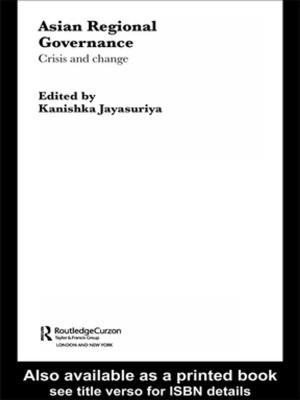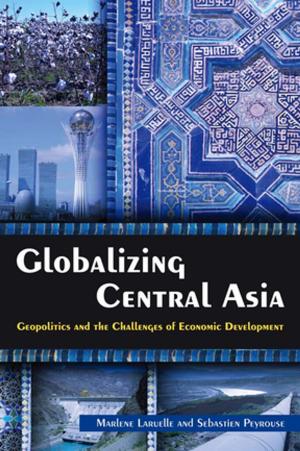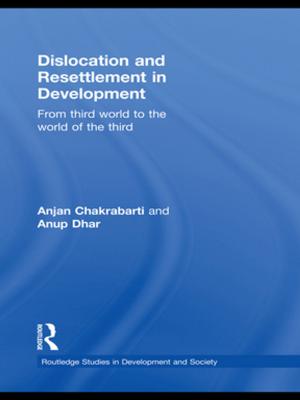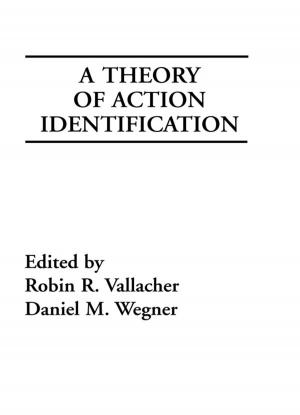Nigeria at Fifty
The Nation in Narration
Nonfiction, Social & Cultural Studies, Political Science, Politics, Civil Rights, Government, Democracy| Author: | ISBN: | 9781317985525 | |
| Publisher: | Taylor and Francis | Publication: | September 13, 2013 |
| Imprint: | Routledge | Language: | English |
| Author: | |
| ISBN: | 9781317985525 |
| Publisher: | Taylor and Francis |
| Publication: | September 13, 2013 |
| Imprint: | Routledge |
| Language: | English |
Nigeria, Africa’s most populous and biggest democracy, celebrates her fiftieth year as an independent nation in October 2010. As the cliché states, ‘As Nigeria goes, so goes Africa’. This book frames the socio-historical and political trajectory of Nigeria while examining the many dimensions of the critical choices that she has made as an independent nation. How does the social composition of interest and power illuminate the actualities and narratives of the Nigerian crisis? How have the choices made by Nigerian leaders structured, and/or have been structured by, the character of the Nigerian state and state-society relations? In what ways is Nigeria’s mono-product, debt-ridden, dependent economy fed by ‘the politics of plunder’? And what are the implications of these questions for the structural relationships of production, reproduction and consumption?
This book confronts these questions by making state-centric approaches to understanding African countries speak to relevant social theories that pluralize and complicate our understanding of the specific challenges of a prototypical postcolonial state.
This book was published as a special issue of the Journal of Contemporary African Studies.
Nigeria, Africa’s most populous and biggest democracy, celebrates her fiftieth year as an independent nation in October 2010. As the cliché states, ‘As Nigeria goes, so goes Africa’. This book frames the socio-historical and political trajectory of Nigeria while examining the many dimensions of the critical choices that she has made as an independent nation. How does the social composition of interest and power illuminate the actualities and narratives of the Nigerian crisis? How have the choices made by Nigerian leaders structured, and/or have been structured by, the character of the Nigerian state and state-society relations? In what ways is Nigeria’s mono-product, debt-ridden, dependent economy fed by ‘the politics of plunder’? And what are the implications of these questions for the structural relationships of production, reproduction and consumption?
This book confronts these questions by making state-centric approaches to understanding African countries speak to relevant social theories that pluralize and complicate our understanding of the specific challenges of a prototypical postcolonial state.
This book was published as a special issue of the Journal of Contemporary African Studies.















